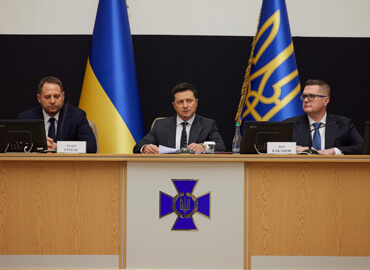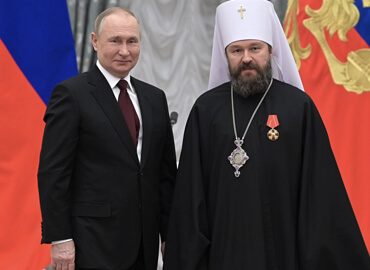The Smer (SSD, Smer – slovenska sociálna demokracia; Direction — Social Democracy) party of former Slovak Prime Minister Robert Fico has won the parliamentary elections. Reform.by reaches out Grigorij Mesežnikov, Head of the Slovak Institute for Public Affairs (Inštitút pre verejné otázky, IVO) and iSANS expert, for comment on what their success means for the country and its relations with Belarus.
According to Mesežnikov, the victory of the Smer party was anticipated, but it has turned out to be more commanding.
“The election win of Robert Fico’s party was expected. However, most polls predicted its victory by a small margin, but it beat the Progressive Slovakia party by 5% due to the fact that Fico managed to earn support from part of the right-wing extremist party’s adherers. These voting results strengthens the position of Robert Fico; due to it, they will be able to form a coalition government. Most probably, apart from Smer, the coalition will involve the Voice (Hlas) party consisting mainly of former members of Fico’s party, and the Slovak National Party (Slovenská národná strana), a radical group with elements of conservatism, nationalism, and reactionary spirit. These three parties have received a total of 79 seats in Parliament (out of 150), which is a narrow majority, but still a majority,” the expert says.
Under the leadership of Fico, Slovakia will take a pro-Russian position and stop providing assistance to Ukraine, Grigorij Mesežnikov believes.
“He will be able to determine Slovakia’s stance on important issues of international policy, i.e. European integration, the country’s attitude towards Russian aggression against Ukraine. Robert Fico openly said that he would neither send weapons to Ukraine nor give backing to Ukraine’s aspiration to accede to the EU and NATO; in fact, he intends to promote a policy of appeasement,” he concludes.
Mesežnikov notes that Fico favours some dictatorial regimes, but he doubts that the party leader is going to appoint an ambassador to Belarus.
“Robert Fico is known for being sympathetic towards dictatorial regimes. He has an internal attraction to them, due to the fact that he established himself as a politician under the Communist regime. Fico visited Belarus, he ardently advocated for cooperation [with its authorities]. In addition, he was seeking meetings with Hugo Chavez and Fidel Castro. Hungary has recently set a dangerous precedent by sending its ambassador to Minsk, but I don’t think Robert Fico will follow the path taken by Hungary. Still, he does not hold Belarus as a key direction, and his party does not need unnecessary tension either with the West or at home. Moreover, heightening tensions would fuel all the concerns that are also related to the internal development of Slovakia, issues of democracy, human rights, and the rule of law. Therefore, I am of the view that he will focus on solving his personal domestic political problems, introducing political appointees into government bodies and so on. It is unlikely that Fico will take any foreign policy steps that might trigger significant reputational losses,” Grigorij Mesežnikov says.











